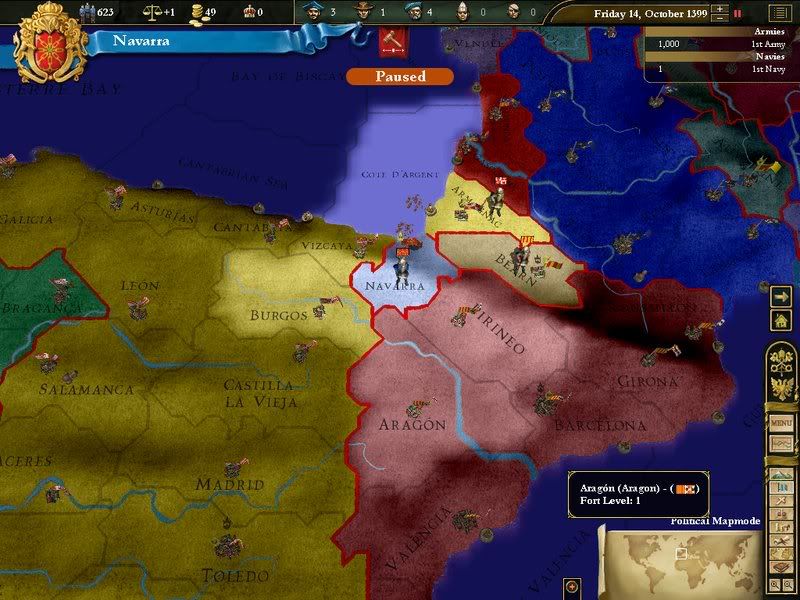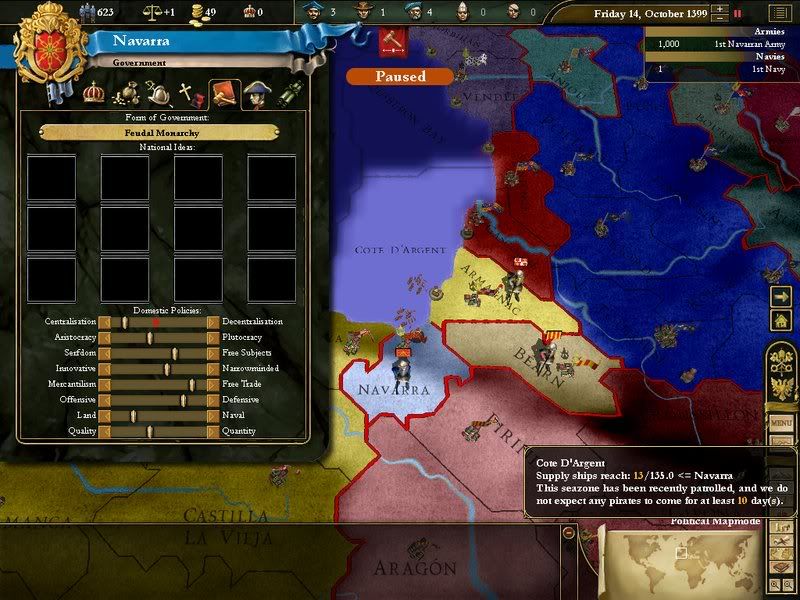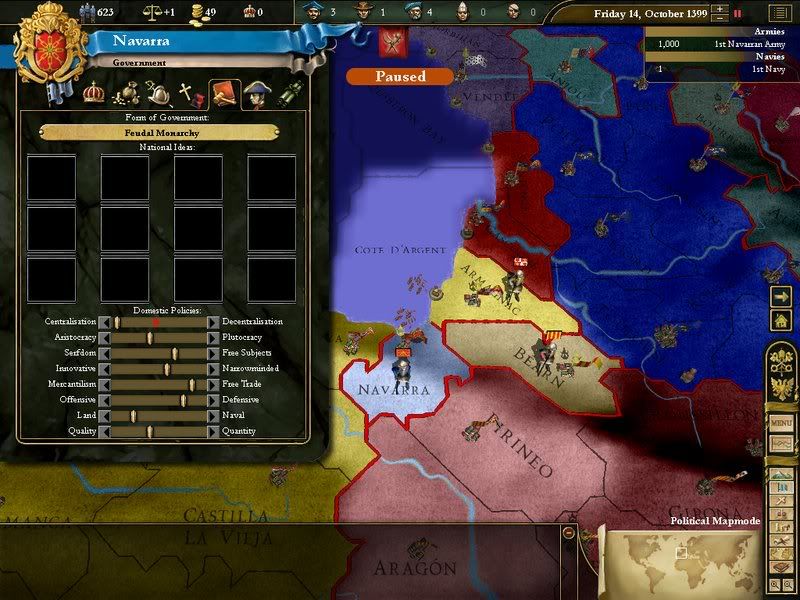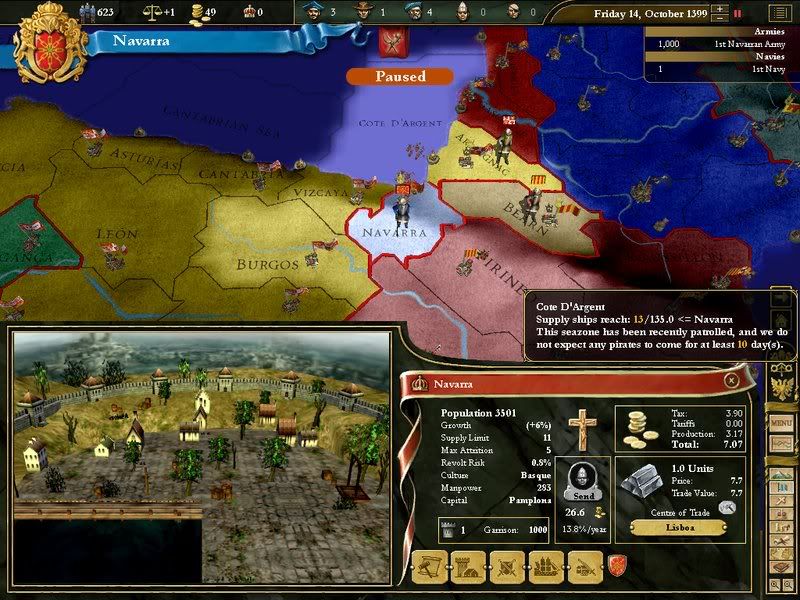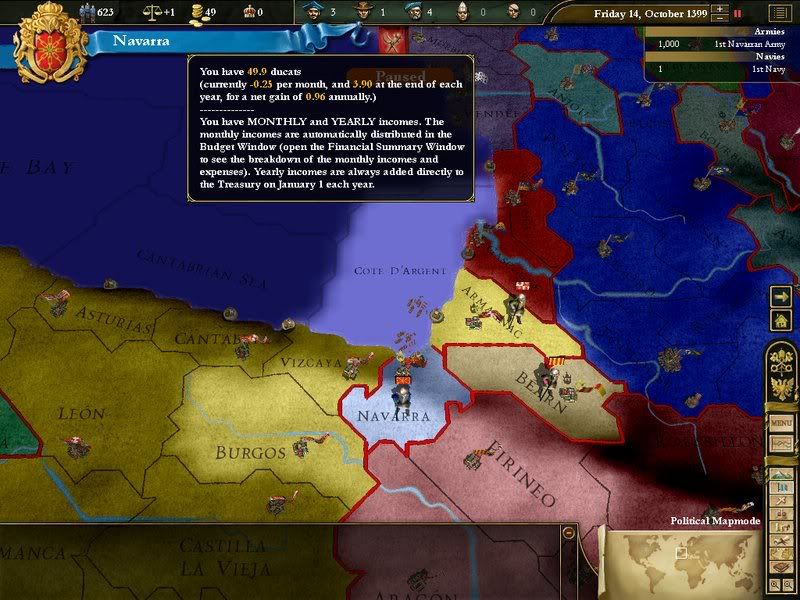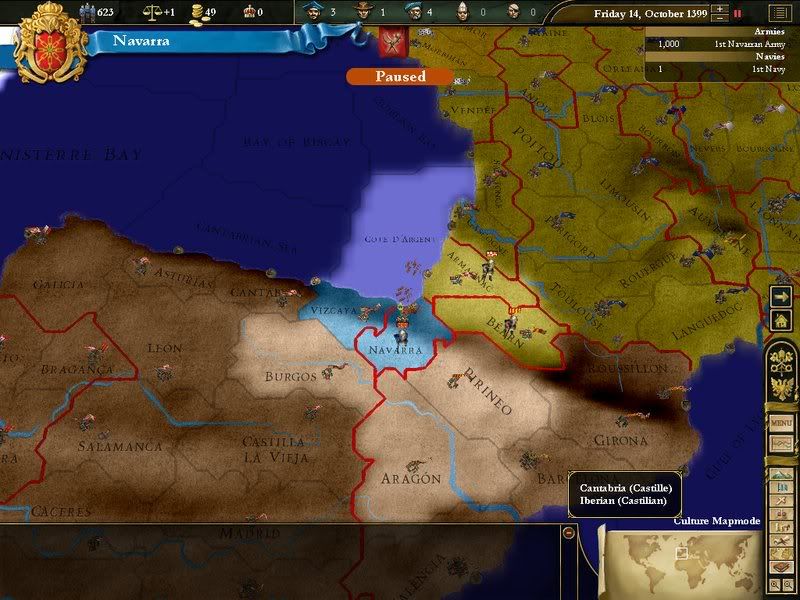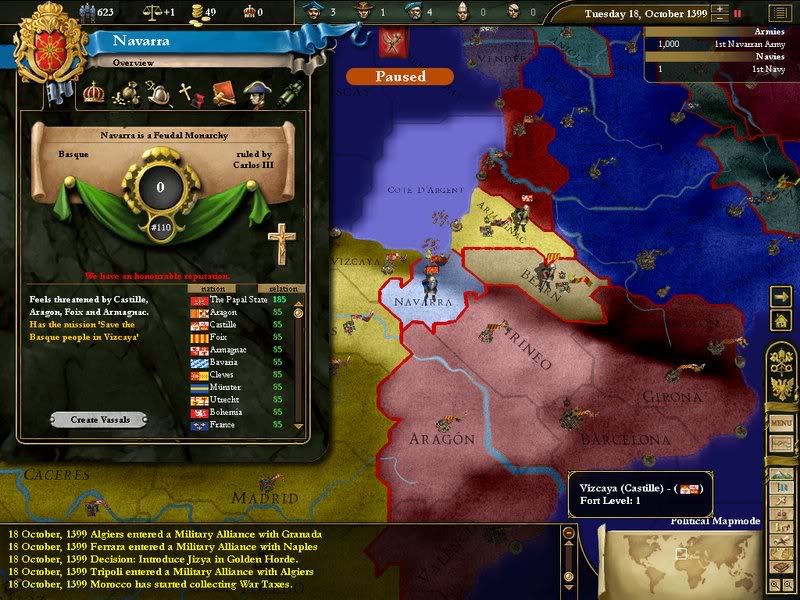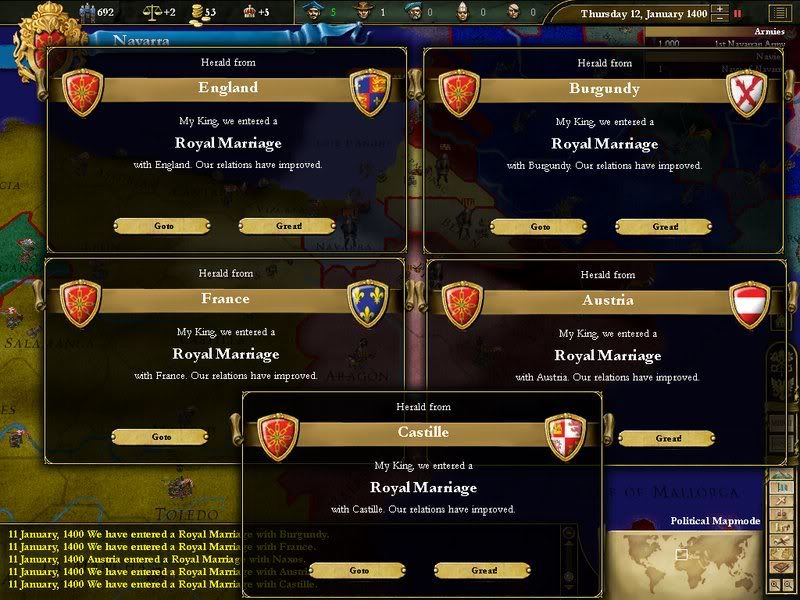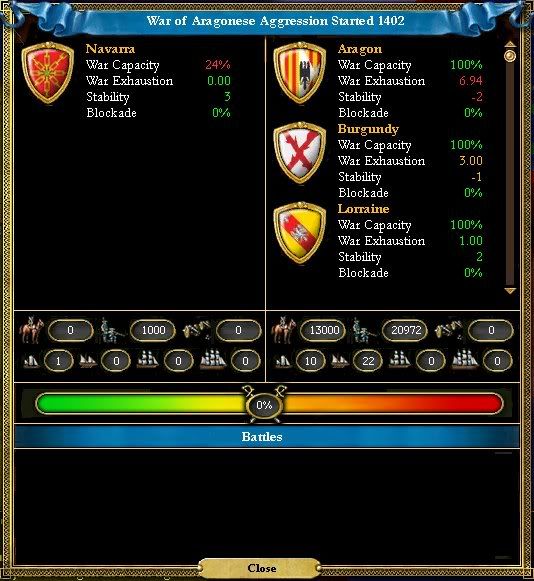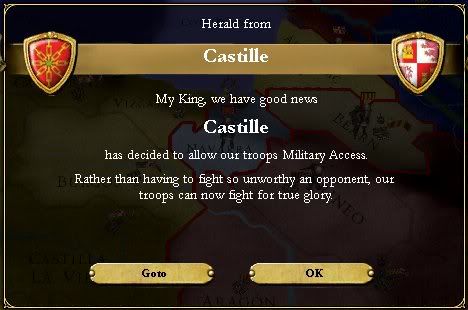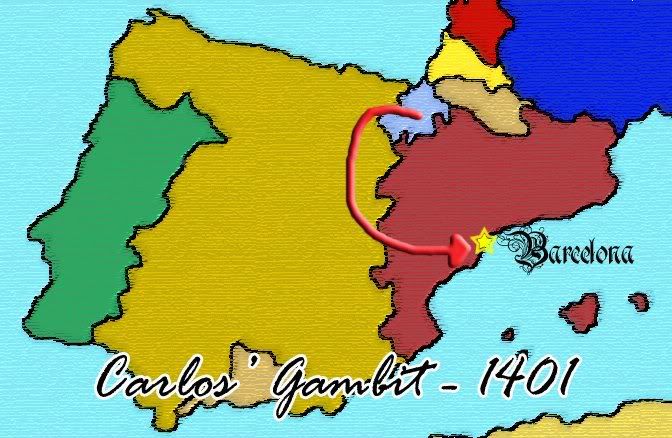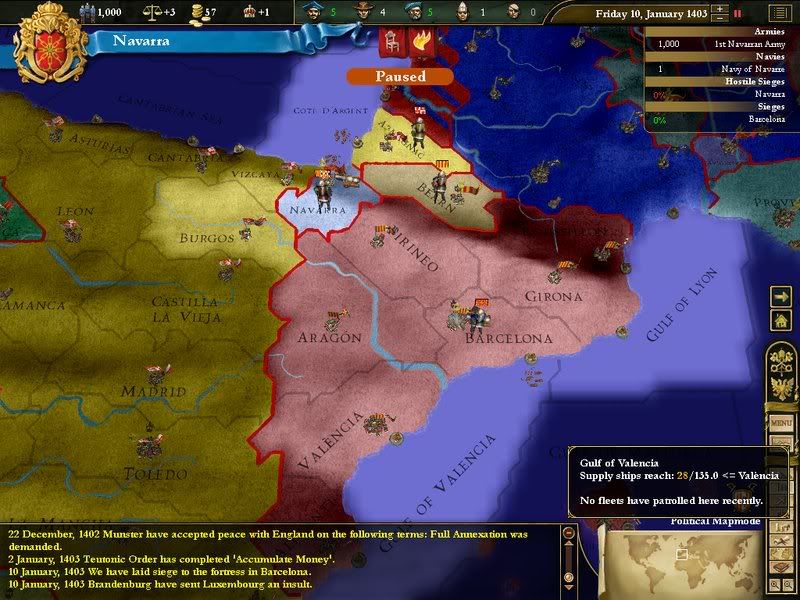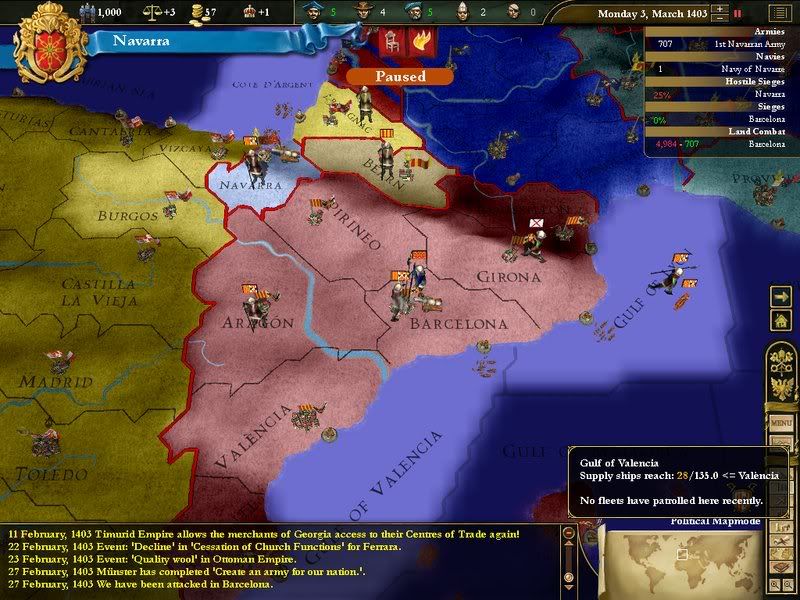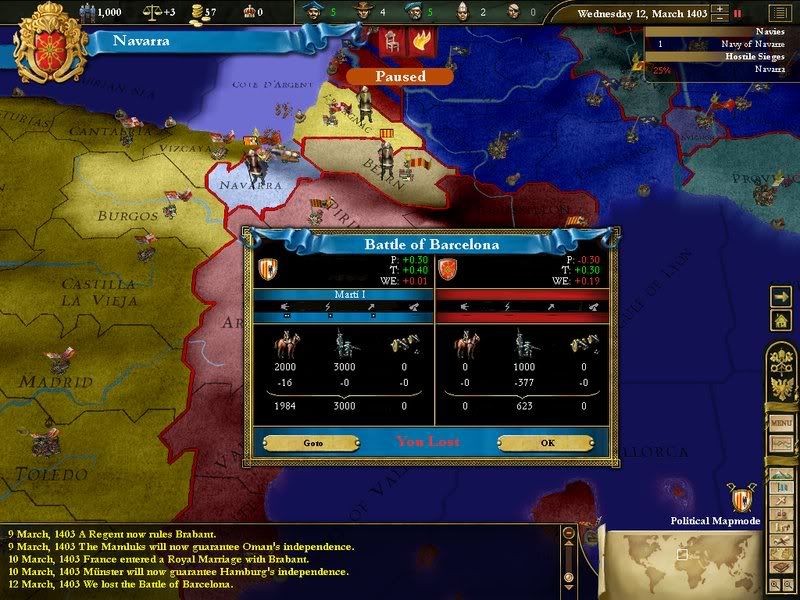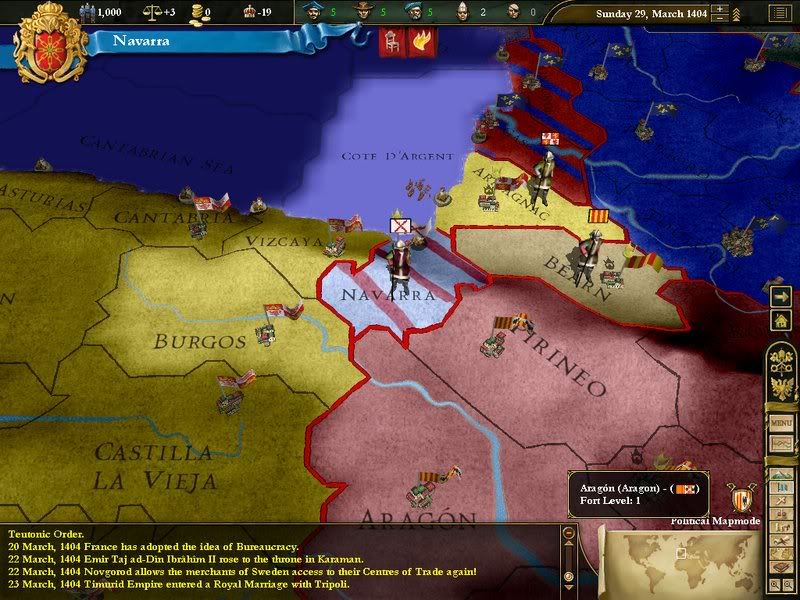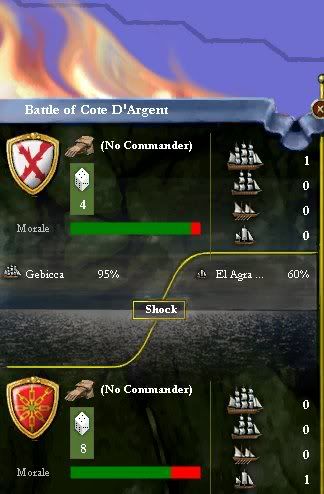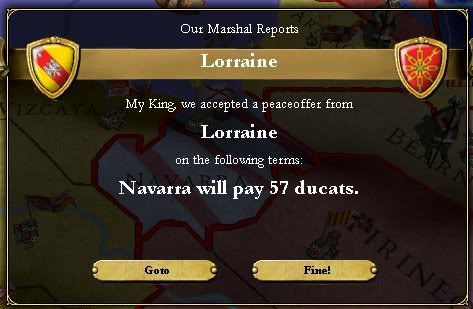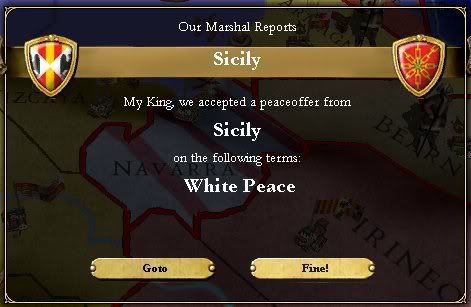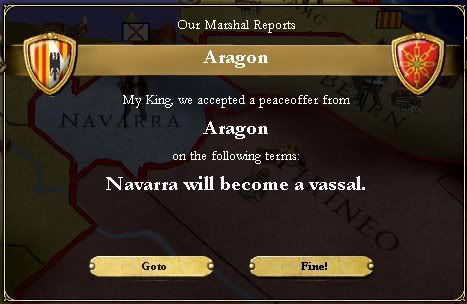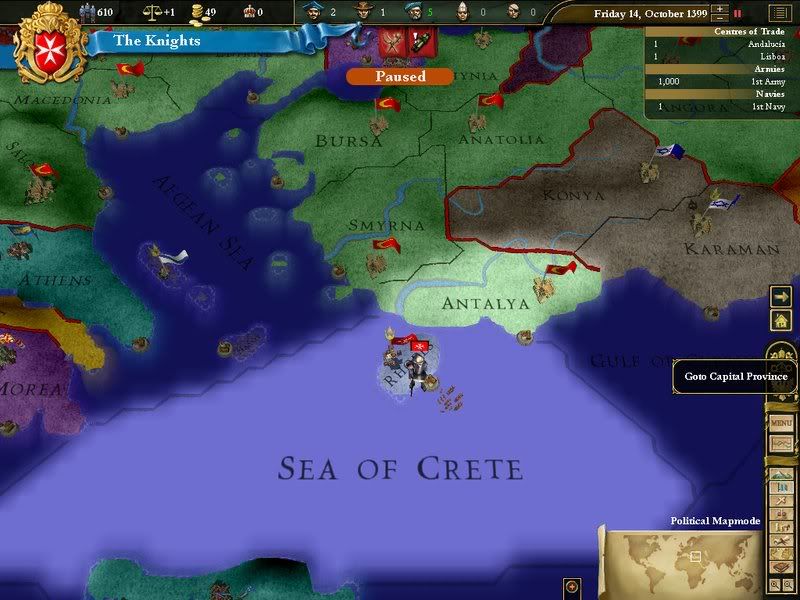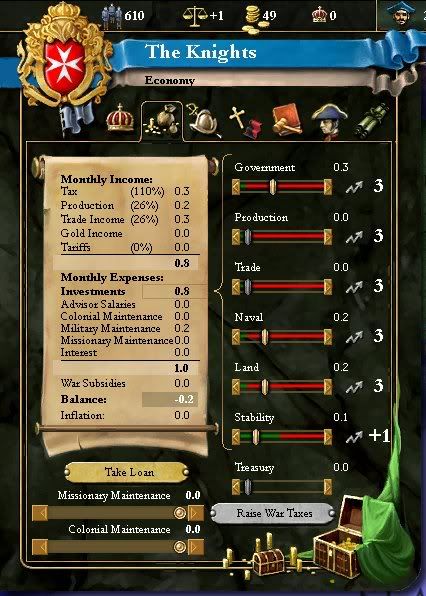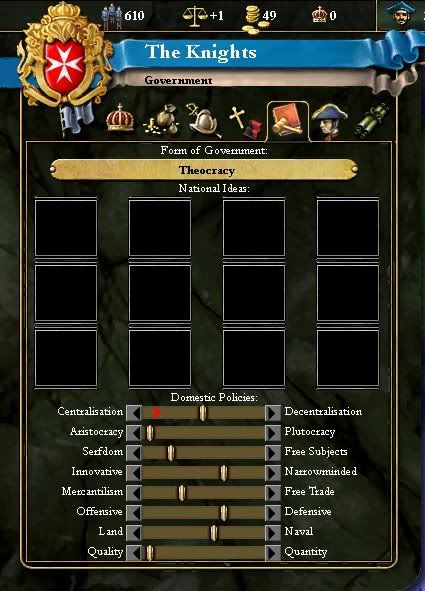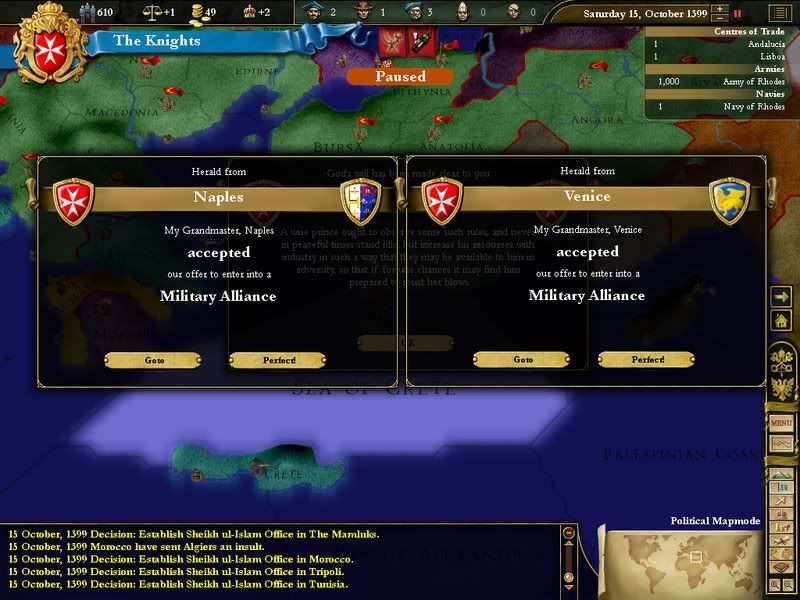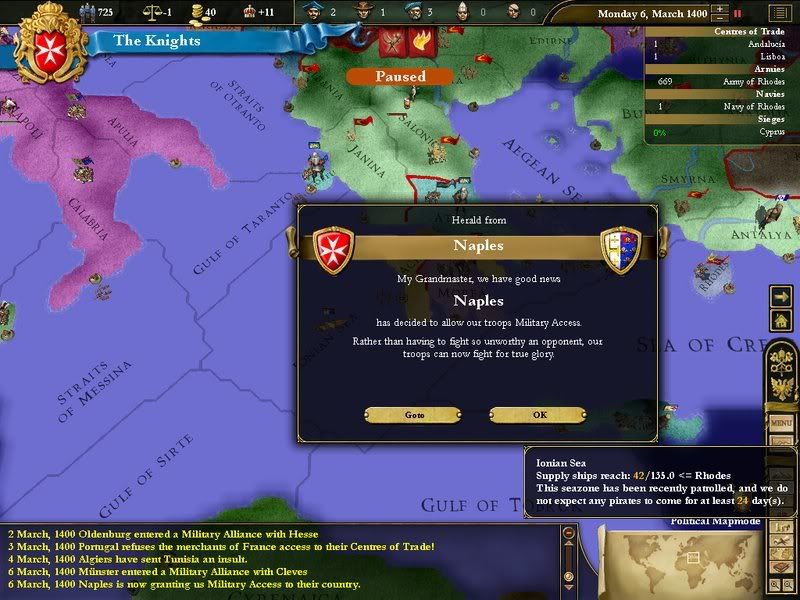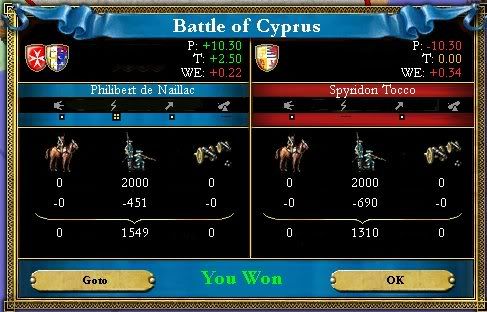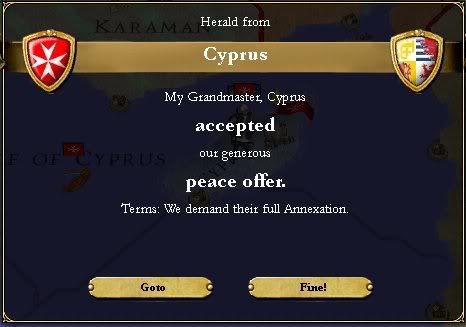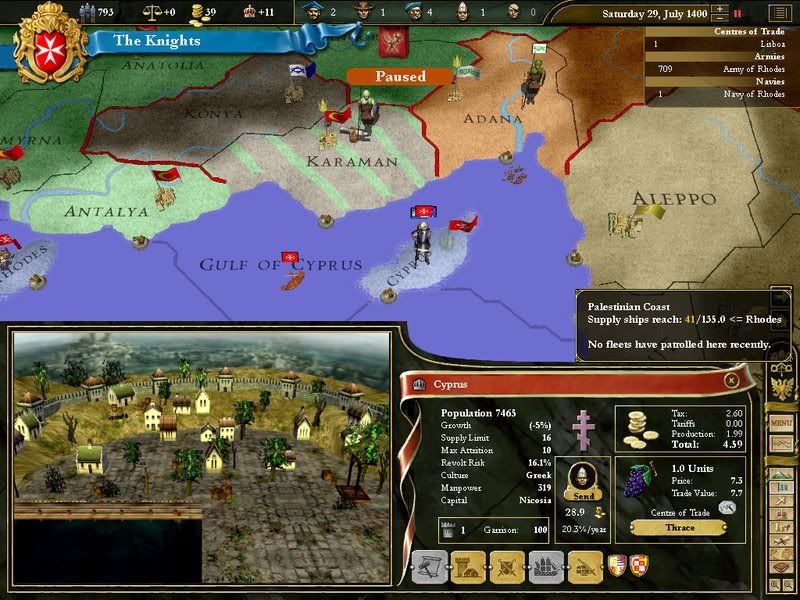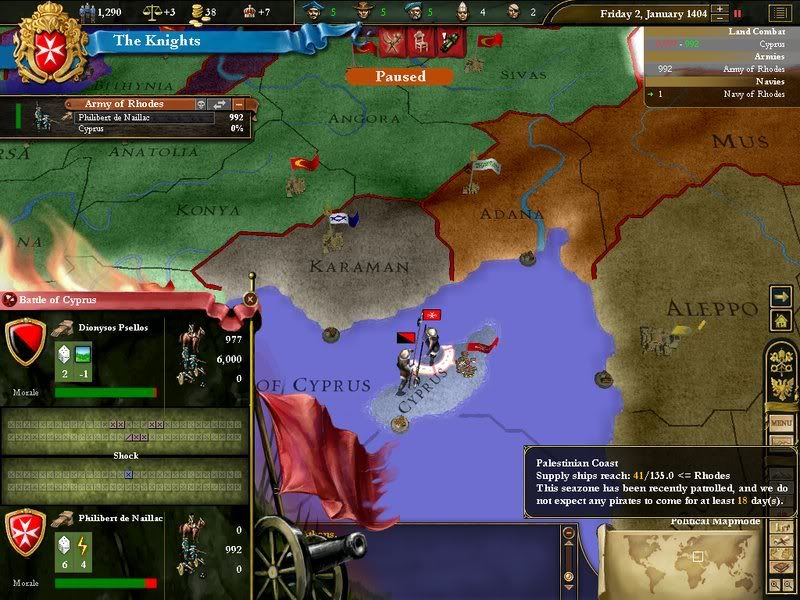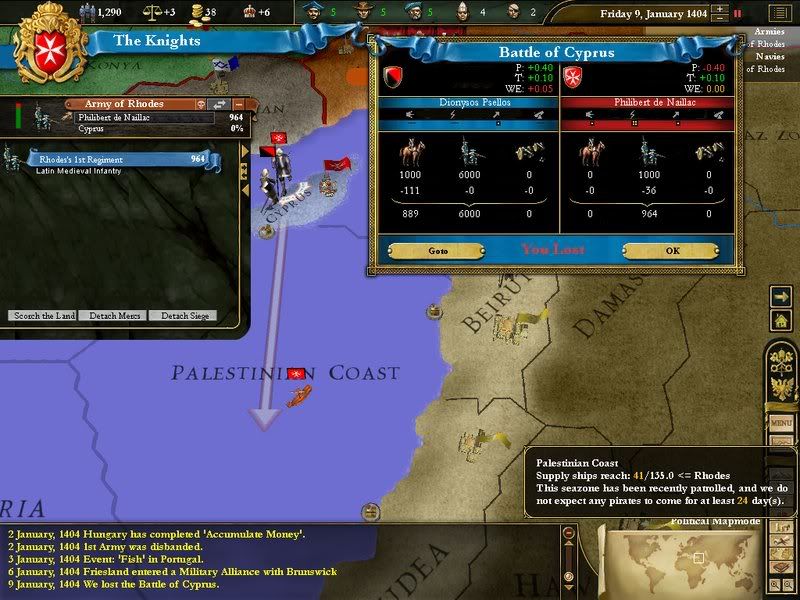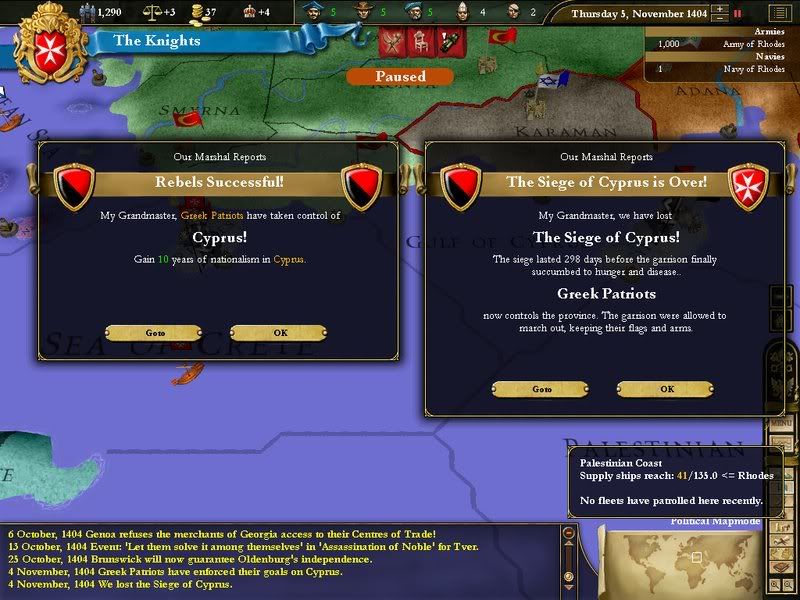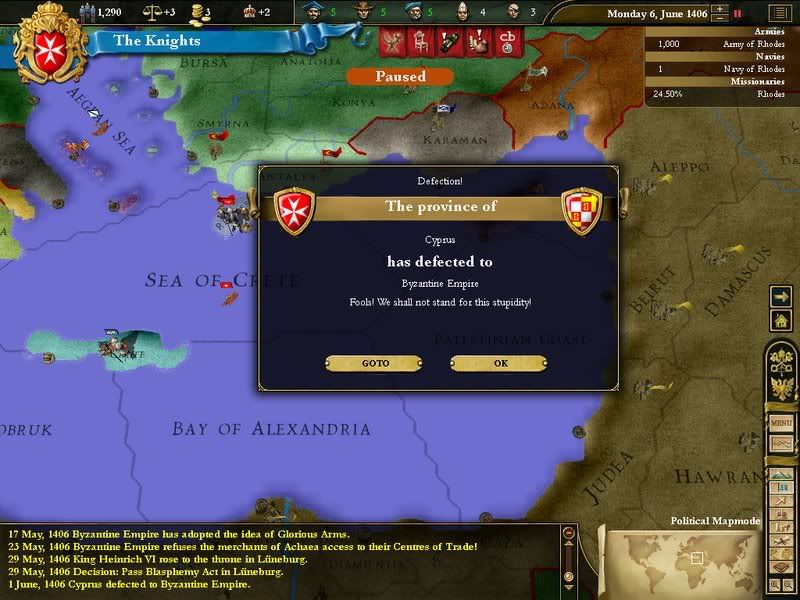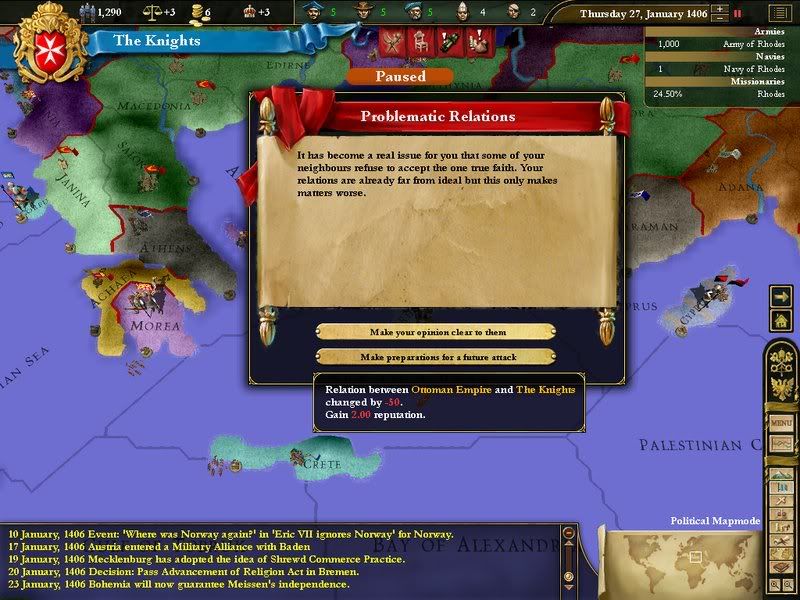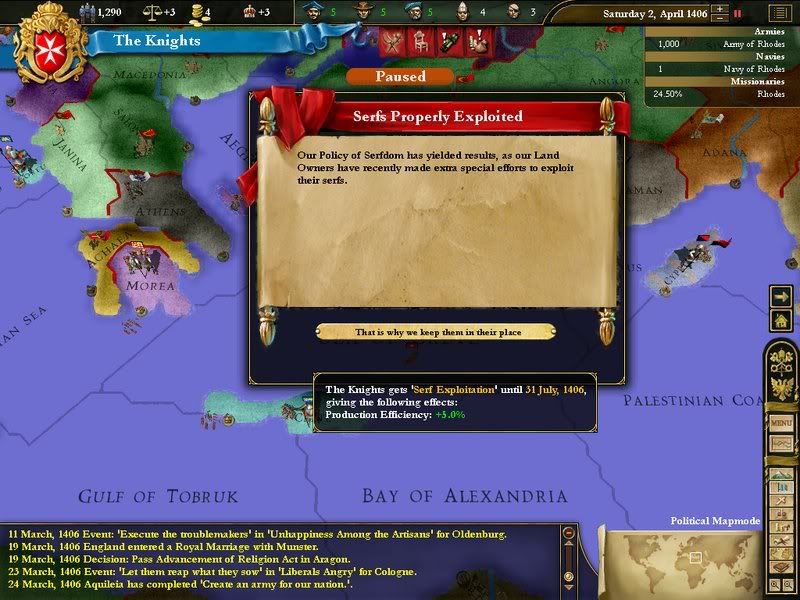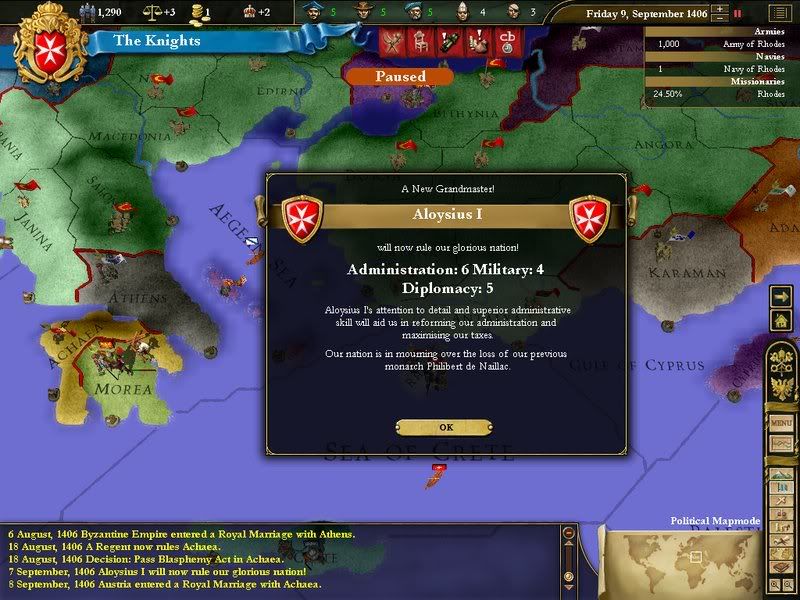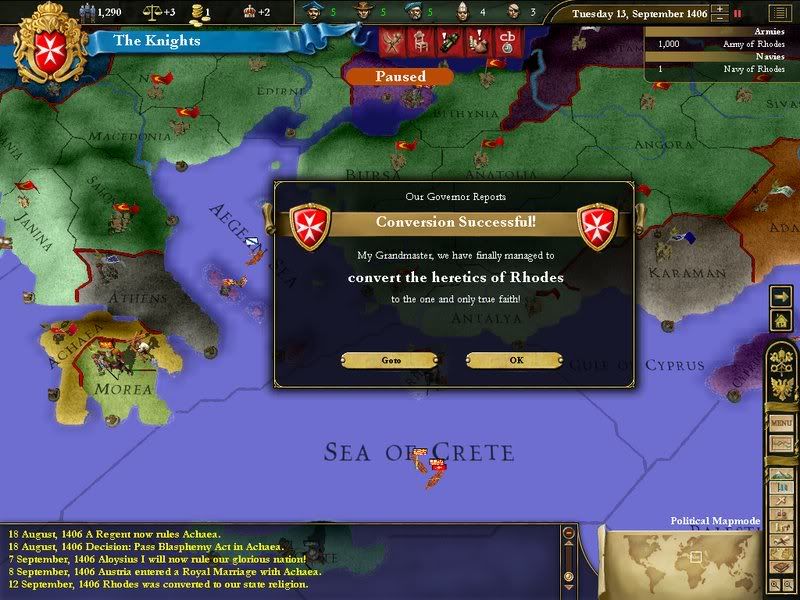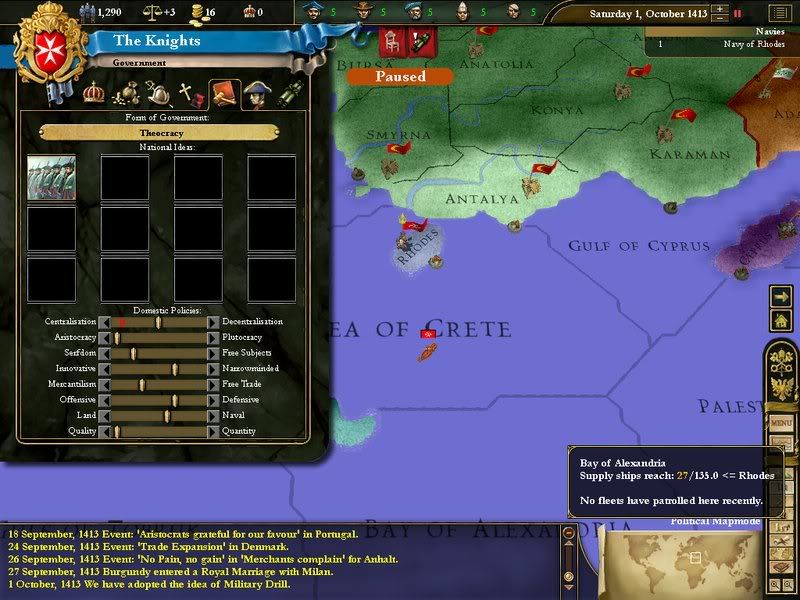Chapter 2: Death and Glory in the Holy Land
The Knights Hospitaller had played an integral role in the tumultuous history of the Holy Land during the Crusades. Originally founded to care for wounded and poor Christian pilgrims, the conquest of Jerusalem turned the Knights into a military. After expulsion from Jerusalem, they sought sanctuary in the Kingdom of Cyprus but desired a more permanent domain. Under the leadership of Grand Master Fulkes de Villaret, the Knights gained control over the island of Rhodes.
The political situation in the Middle East and Asia Minor had changed dramatically from the days of the first Crusades. No longer did European knights protect pilgrims from bandits and marauders. The rising power of Islam had turned squabbling warlords into powerful empires. Times were tough for the Knights Hospitaller. They faced a hostile population in their citadel of Rhodes, who prescribed to the Orthodox faith rather than the true Catholic one.
Philibert de Naillac took steps to turn the Knights Hospitaller into more of a millitary order, rather than a charitable one. He knew that if they wanted to survive in a rapidly changing world, they would need to be able to hold off their numerous enemies.
In order to gain support from other Catholic forces in the area, Philibert allied himself with the naval power of Venice and the Kingdom of Naples. Venice's fleet could protect Hospitaller interests, while soldiers from Naples would bolster Hospitaller led armies.
While securing promise of sanctuary from the Kingdom of Naples, Grand Master Philibert planned expansion of Hospitaller dominions. The Knights had been forced to retreat from the Kingdom of Cyprus due to local hostility and resentment from the Orthodox population. Having bolstered their forces on Rhodes and forged new alliances, Philibert knew that the Knights could reclaim Cyprus and greatly increase their holdings. On March 12, 1400 Philibert sent an ultimatum to the king of Cyprus. He would either accept Hospitaller overlordship, or the Knights would declare war. The king naturally refused, not knowing that a contingent of the Knights had already left Rhodes and were waiting off of Cyprus on transport ships. With an additional regiment fielded by the Kingdom of Naples, the Cypriot Royal Guard was driven back into their citadel.
The siege of Cyprus
The citadel would fall on the 27th of July, 1400. The garrison was slaughtered on the orders of Philibert de Naillac. The King of Cyprus was forced to cede his lands to the Knights Hospitaller, and went into exile in Naxos.
Cyprus was a fairly wealthy province, and a producer of wine, but the Knights faced a hostile populace. To the people of Cyprus, the Knights were foreign invaders who were simply relics of the Crusades. In addition, Catholic zealotry often made life difficult for the Orthodox Cypriots. For this reason Grand Master Philibert kept the majority of Hospitaller forces on Cyprus to quell possible revolts.
Small uprisings were successfully quelled until a large uprising was organized by Dionysos Psellos. With a regiment of noble knights and 6000 peasant infantry, Psellos attacked the Hospitaller garrison. The Knights were no match for such a force, even with their skill at arms.
The transport fleet was called, and the Knights were able to evacuate just before taking many casualties.
Cyprus was lost, and Grand Master Philibert knew it. On November 5, 1404, the Cypriot rebels finally overran the garrison.
Yet the old King of Cyprus was not restored to power. His defeat was seen as disgraceful, and the populace believed it could have been easily prevented. Instead, a council of nobles voted to rejoin the Byzantine Empire, which had once been a proud state.
Grand Master Philibert and the rest of the Knights Hospitaller knew that they had failed. Their attentions turned to making Rhodes a suitable stronghold and winning over the local population. With help from the Pope, missionaries were dispatched to the many towns on Rhodes to spread the Catholic faith. In Anatolia, the Ottoman Turks were busy conquering the remnants of the Byzantine Empire. This was clearly against the will of God, after all, the first Crusade had been called to defeat the Turks. The Knights harassed Turkish shipping from their base on Rhodes, and gained Turkish enmity.
However, the system of serfdom on Rhodes was doing quite well for the coffers of the Knights.
On September 6, 1406, Grand Master Philibert de Naillac passed away in his sleep. The very next day, the Knighthood convened and elected Aloysius, a capable and efficient knight, to be the next Grand Master.
The efforts of the missionaries came to a close that same month, with the vast majority of the citizens of Rhodes having been converted to Catholicism. Thus, stability was ensured for Hospitaller rule on Rhodes.
The military arm of the Hospitaller was further strengthened as Aloysius made military training mandatory for all members.
An exciting end to Chapter 2, Part 1!


